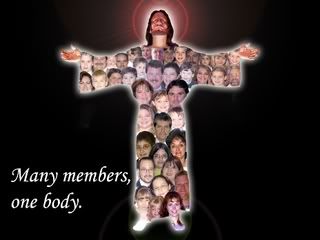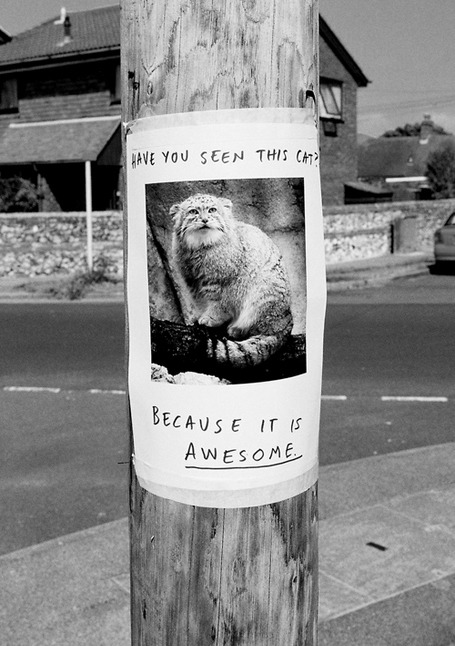Today we are discussing the chapter Christian Marriage from C. S. Lewis's book Mere Christianity.
Lewis said a lot of things I agree with whole heartedly, such as the importance of the promise made in marriage, and the explosion of being "in love" being replaced by the kind of love that is more like an engine keeping everything running ( I don't know much about engines, but I do know that the "in love" feelings return when they aren't desperately grasped at like the most important thing in the world, which is not something Lewis mentions, but then since he wasn't married when he wrote this, he can't be expected to get every aspect right.) But he also left me something to ponder.
....I should like to distinguish two things which are very often confused. The Christian conception of marriage is one: the other is a quite different question-how far Christians, if they are voters or Members of Parliament, ought to try to force their views of marriage on the rest of the community by embodying them in the divorce laws. A great many people seem to think that if you are a Christian yourself you should try to make divorce difficult for everyone. I do not think that. At least I know I should be very angry if the Mohammedans tried to prevent the rest of us from drinking wine. My own view is that the Churches should frankly recognise that the majority of British people are not Christians and, therefore, cannot be expected to live Christian lives. There ought to be two distinct kinds of marriage: one governed by the State with rules enforced on all citizens , the other governed by Church with rules enforced by her own members. The distinction ought to be sharp, so that a man knows which couples are married in a Christian sense and which are not.
Now, substitute the words American for British, legislators for Members of Parliament, and Gay Marriage for divorce laws, and you see my dilemma. Should Gay Marriage be allowed in America? Should a Christian (one who believes homosexual behavior is both a choice and a sin) attend such a ceremony / celebration? Isn't a boycott unloving? Aren't we supposed to love the sinner? Can we say "best wishes" and give a gift, hoping for their happiness even if we ultimately don't believe they'll be happy with their choice?
I'm thinking Clive would say if they aren't Christian, to go and try to wish them well. I don't know what I think, except in my heart, I truly want to show love, and wish people well, even when the picture I see ahead isn't rosy.
Thoughts? Feel free to disagree with me. I'm between many people in my corporal life who feel differently from me and each other on this issue.
Please join the discussion over at Connecting to Impact, where the discussion in the various links will be marriage in general, and not necessarily the paragraph I chose to ponder.
Wednesday, July 6, 2011
Subscribe to:
Post Comments (Atom)





















5 comments:
I think I have to stick with Jesus' definition. That doesn't mean I stand up on a soap box and condemn. It just means I have to stick with his definition.
I had the same thought and actually read it out loud to Andrea after I read this. It makes sense and I've thought some of the same things, but I also know that righteousness exalts a nation and even if we abide by His principles without knowing Him there is still benefit so it's a very tough one for sure. I'm glad you didn't shy away from it. Good thoughts and questions that we all need to consider. Thanks Helen.
I have to give you credit for not shying away from the difficult issues. While it seems pretty obvious that we can't legislate morality, we've fallen so far into the political correctness designed by the religion of humanism that we've betrayed our own faith by not speaking up in love for what we believe.
While the lost pass their sins off as "acceptable" and push for equal rights for their sins, we don't stand and discuss the issues with the proper perspective.
Since most of us have a weakness like theirs that we acknowledge as sin and fight with the help of God to control, why aren't the discussions based upon that issue?
They will say, "Well they were just born that way." Ok, I'll agree with that. If I like to be given to violence since that is the way I was born, shouldn't I be given equal rights? What of the child molesters, they were born with that bend, is that acceptable? I'm sure you get the point. How can we have a discussion if we don't define our terms?
This is a lost world looking to the government to replace God. Thinking if they get the authority to give their lifestyle a stamp of approval they'll have less conflict inside their soul.
In the end, fighting for this is a waste of time for all of us. This is a symptom of what really plagues our country and world, the lack of God and His principles guiding us.
"Blessed is the nation who's God is the Lord." Not to difficult to figure out the opposite of blessed would be is it?
sorry for the rambling.
That's a tough one, Helen. Where do you draw the line between separation of church and state when this nation was founded on Christian principles?
I say we treat all humans with dignity and respect, regardless if can support their actions or choices.
I don't think I would attend a gay marriage ceremony, I feel I would be giving it my blessing, which I can't. However, I would treat them both with respect and love and would offer my help if they asked or needed it.
I would love them, but if they asked my opinion, they would probably not love me as much. :)
Post a Comment